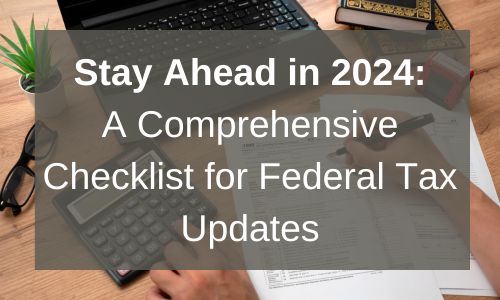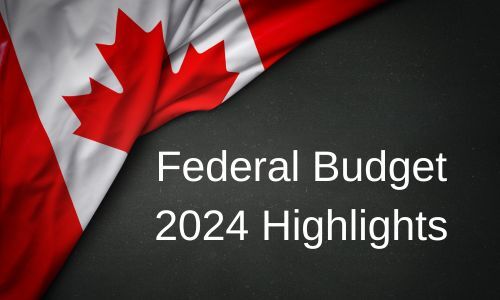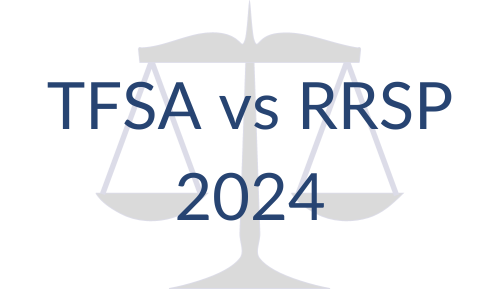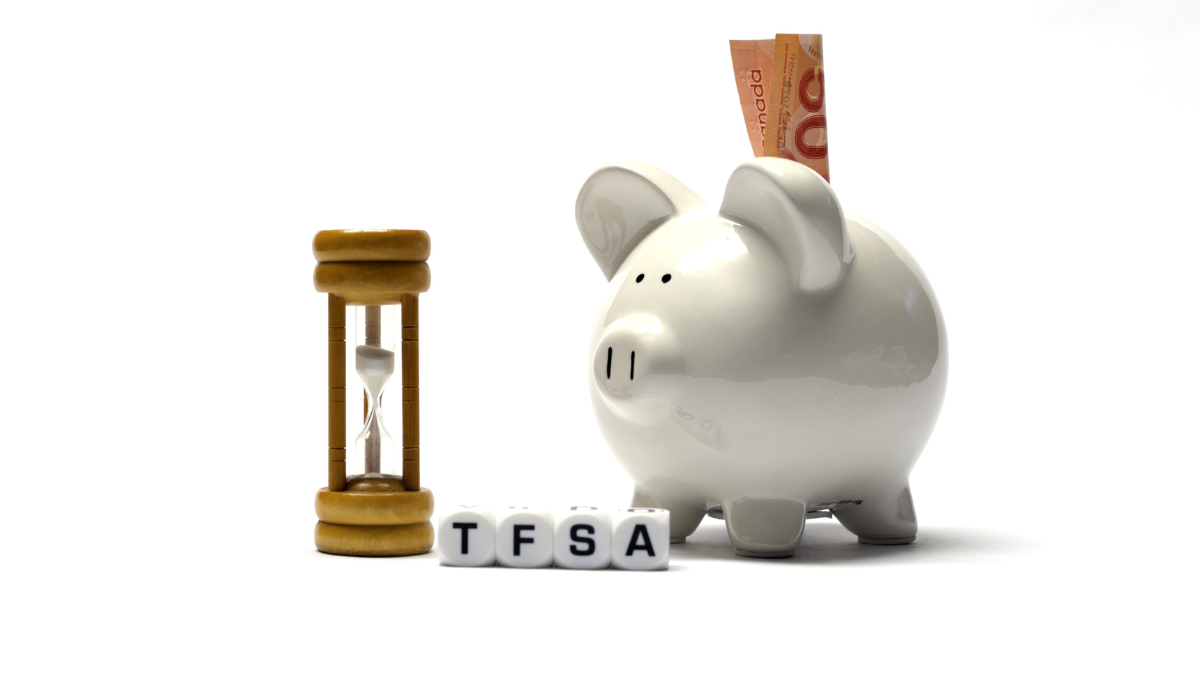Explore the upcoming 2024 Canadian tax changes affecting investors, business owners, and high-net-worth individuals. From capital gains adjustments to new incentives, stay informed with our comprehensive checklist.
![]()
![]()


Explore the upcoming 2024 Canadian tax changes affecting investors, business owners, and high-net-worth individuals. From capital gains adjustments to new incentives, stay informed with our comprehensive checklist.


On April 16, 2024, Canada's Deputy Prime Minister and Finance Minister, Chrystia Freeland, presented the federal budget. While there are no changes to federal personal or corporate tax rates, the budget introduces: • An increase in the portion of capital gains subject to tax, rising from 50% to 66.67%, starting June 25, 2024. However, individual gains up to $250,000 annually will retain the 50% rate. • The lifetime exemption limit for capital gains has been raised to $1.25 million. Additionally, a new one-third inclusion rate is set for up to $2 million in capital gains for entrepreneurs. • The budget confirms the alternative minimum tax changes planned for January 1, 2024 but lessens their impact on charitable contributions. • This year's budget emphasizes making housing more affordable. It provides incentives for building rental properties specifically designed for long-term tenants. • Introduces new support measures to aid people buying their first homes. • Costs for specific patents and tech equipment and software can now be written off immediately. • Canada carbon rebate for small business


When looking to save money in a tax-efficient manner, Tax-Free Savings Accounts (TFSA) and Registered Retirement Savings Plans (RRSP) can offer significant tax benefits. The main difference between the two is that TFSAs are ideal for short-term goals, such as saving for a down payment on a house or a vacation, as its growth is entirely tax-free, while RRSPs are more suitable for long-term goals such as retirement. When comparing deposit differences, TFSAs have a limit of $7,000 for the current year, while RRSPs have a limit of 18% of your pre-tax income from the previous year, with a maximum limit of $31,560. In terms of withdrawals, TFSAs have no conversion requirements and withdrawals are tax-free, while RRSPs must be converted to a Registered Retirement Income Fund (RRIF) at age 71 and withdrawals are taxed as income.


Many business owners have built up earnings in their corporation and are looking for tax efficient ways to pull the earnings out to achieve their personal and business financial goals. We outline the factors to consider when investing as a corporation.


A Tax-Free Savings Account is a powerful tool to help you achieve your financial goals. Whether you're saving for a new home, planning for retirement, or investing in your children's education, a TFSA can be a valuable part of your financial strategy. The flexibility and tax advantages it offers make it a great choice for many Canadians. Remember, the sooner you start, the more time your investments have to grow tax-free. Every dollar counts when you're planning for the future, and a TFSA can help you make the most of your savings. Don't wait until tomorrow to start planning for your future. Contact us today to begin your journey to financial security today.


Are you looking to buy your first home in Canada? The First Home Savings Account (FHSA) could help make it happen. This savings plan allows first-time home buyers to save up to $40,000 tax-free, with contributions being tax-deductible. In this article and infographic, we cover everything you need to know about FHSA, including eligibility requirements, contributions and deductions, qualifying investments, withdrawals, and transfers.


Don't miss the deadline! Contribute to your Registered Retirement Savings Plan (RRSP) by March 1st, 2023 and enjoy the numerous benefits it offers. With tax-free investment earnings and tax-deductible contributions, your savings can grow at a faster rate. Opening a spousal RRSP can further maximize your tax savings. Start planning for your future today!


An investment advisor can help you figure out what the right investment choices are for you. The five steps to investment planning are: • Meeting your investment advisor • Determining your goals and expectations • Developing your investment plan • Implementing your investment plan • Monitoring the plan The sooner you start planning for retirement, the sooner you can get there! An investment advisor can help you get there quicker.


On April 7, 2022, the Federal Government released their 2022 budget. Our article contains highlights of the various financial measures in this budget, divided into these sections: • Housing • Alternative minimum tax • Dental care • Small businesses • Tradespeople • Canada Growth Fund • Climate • Bank and insurer taxes